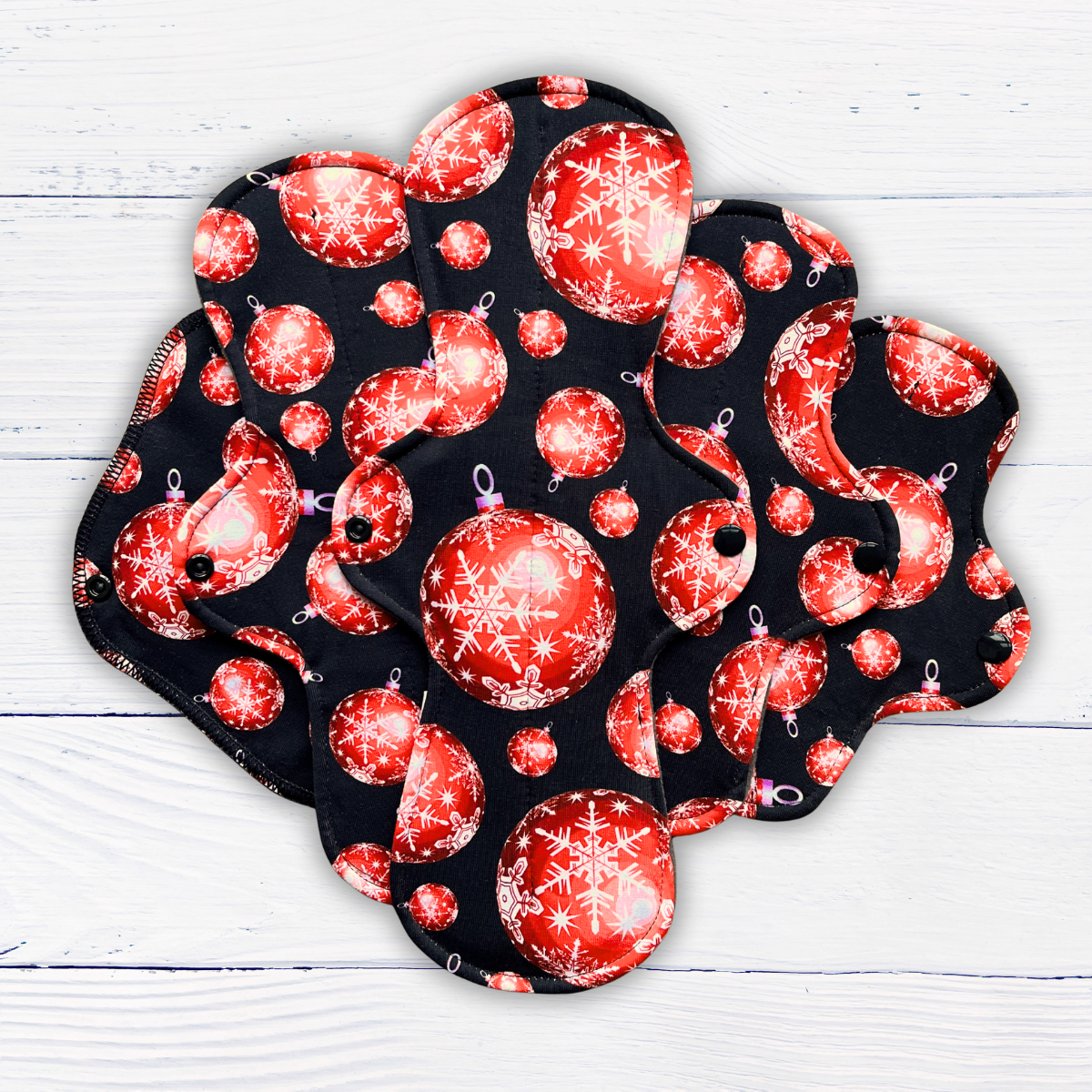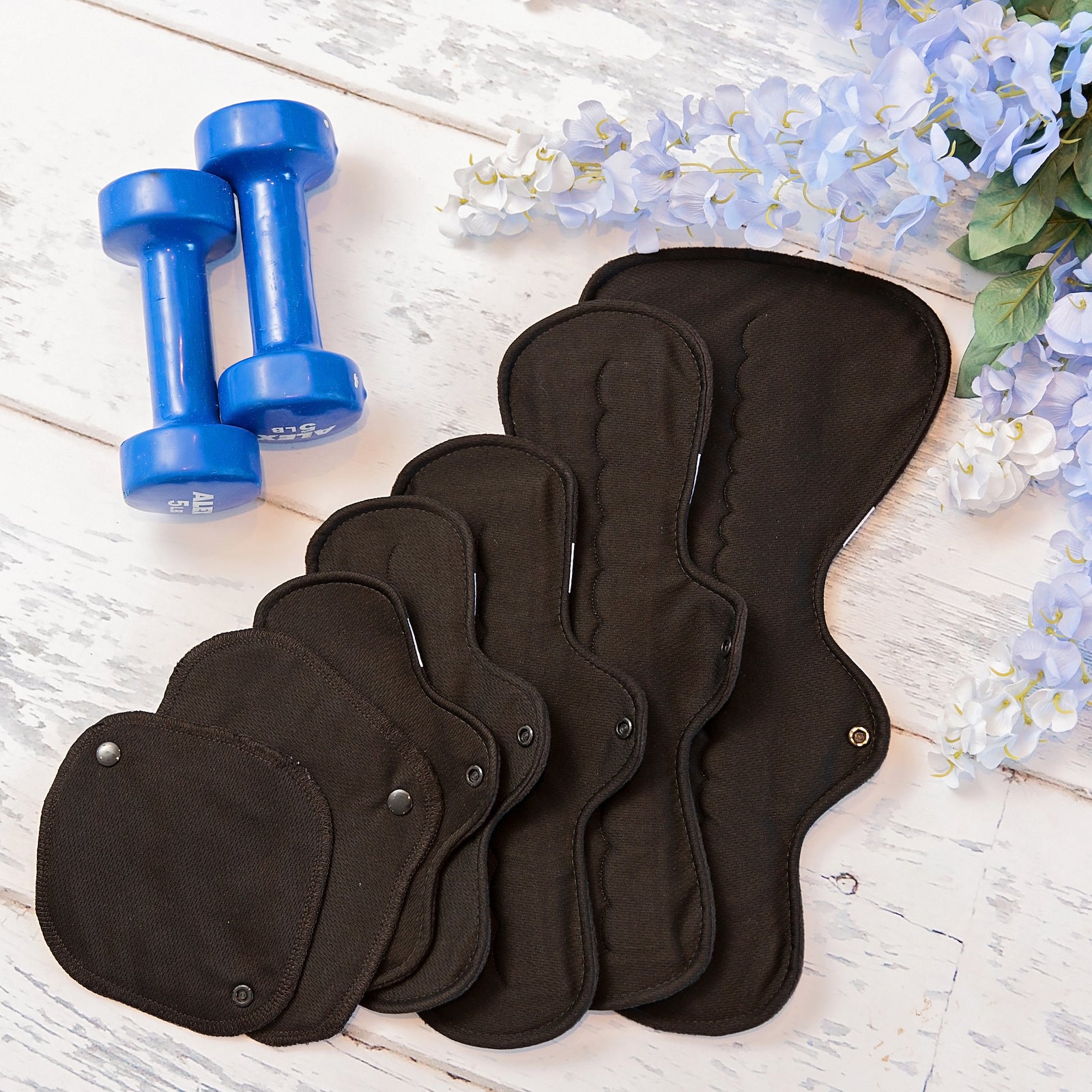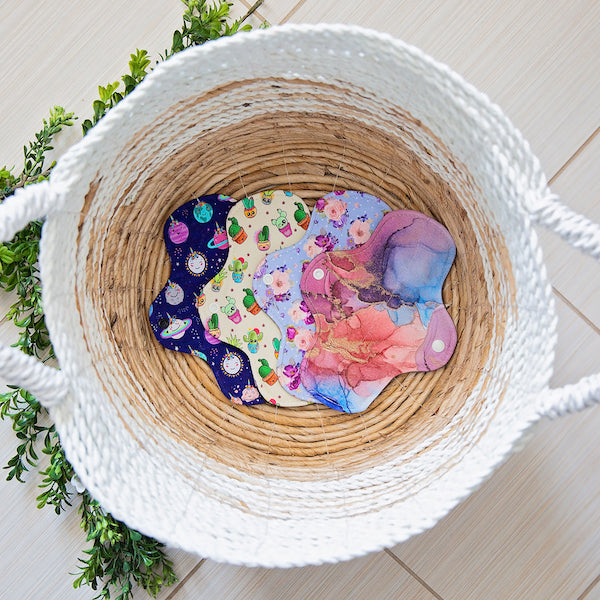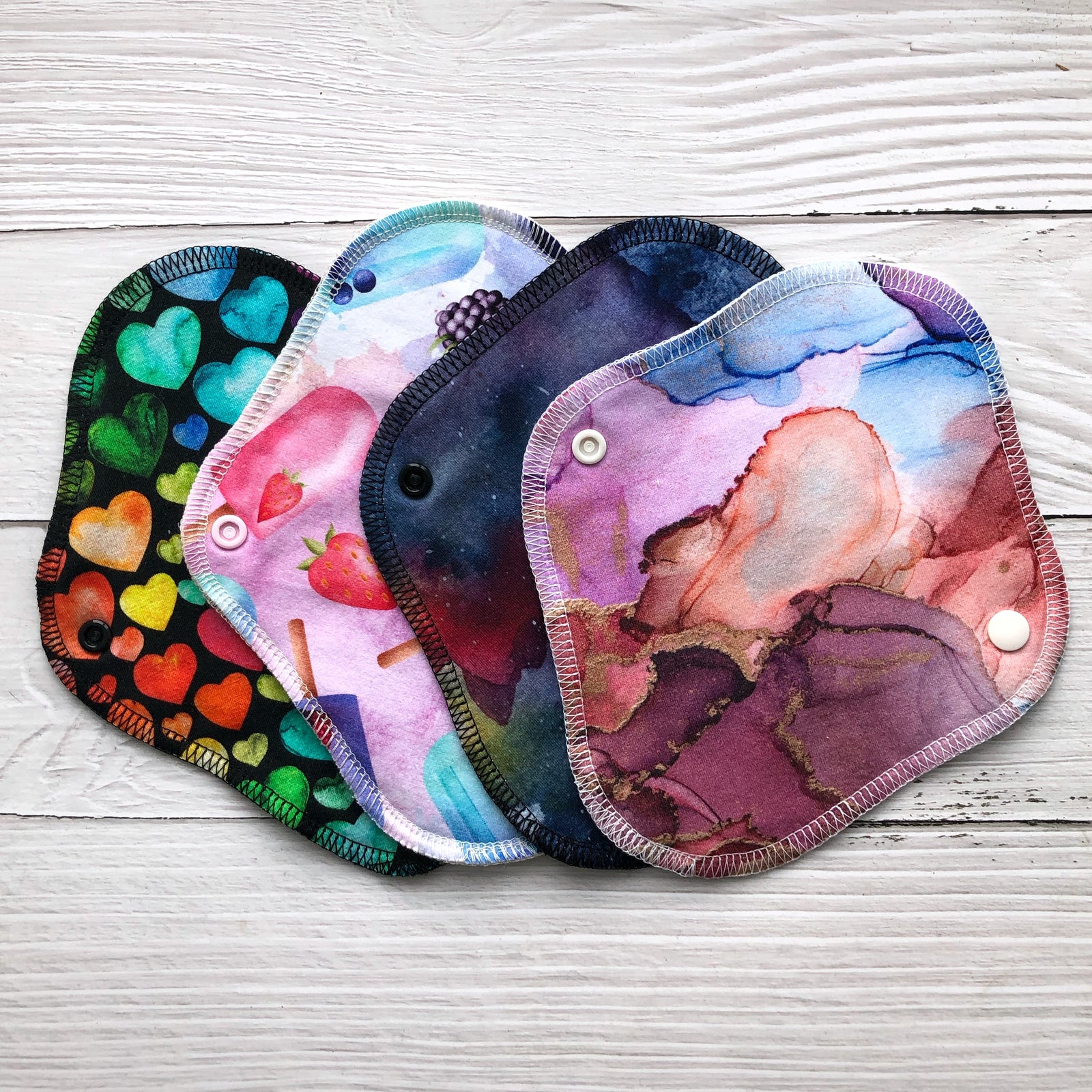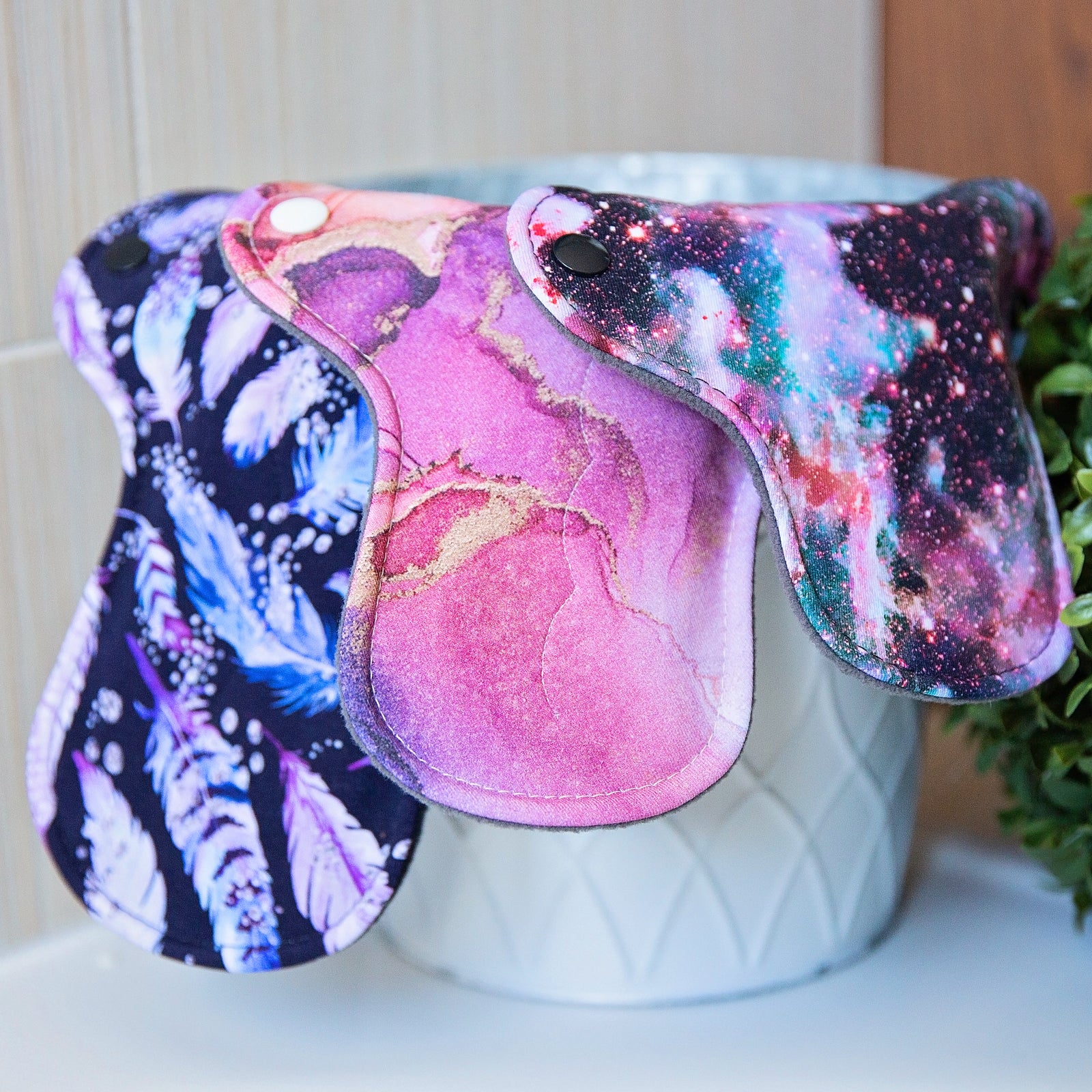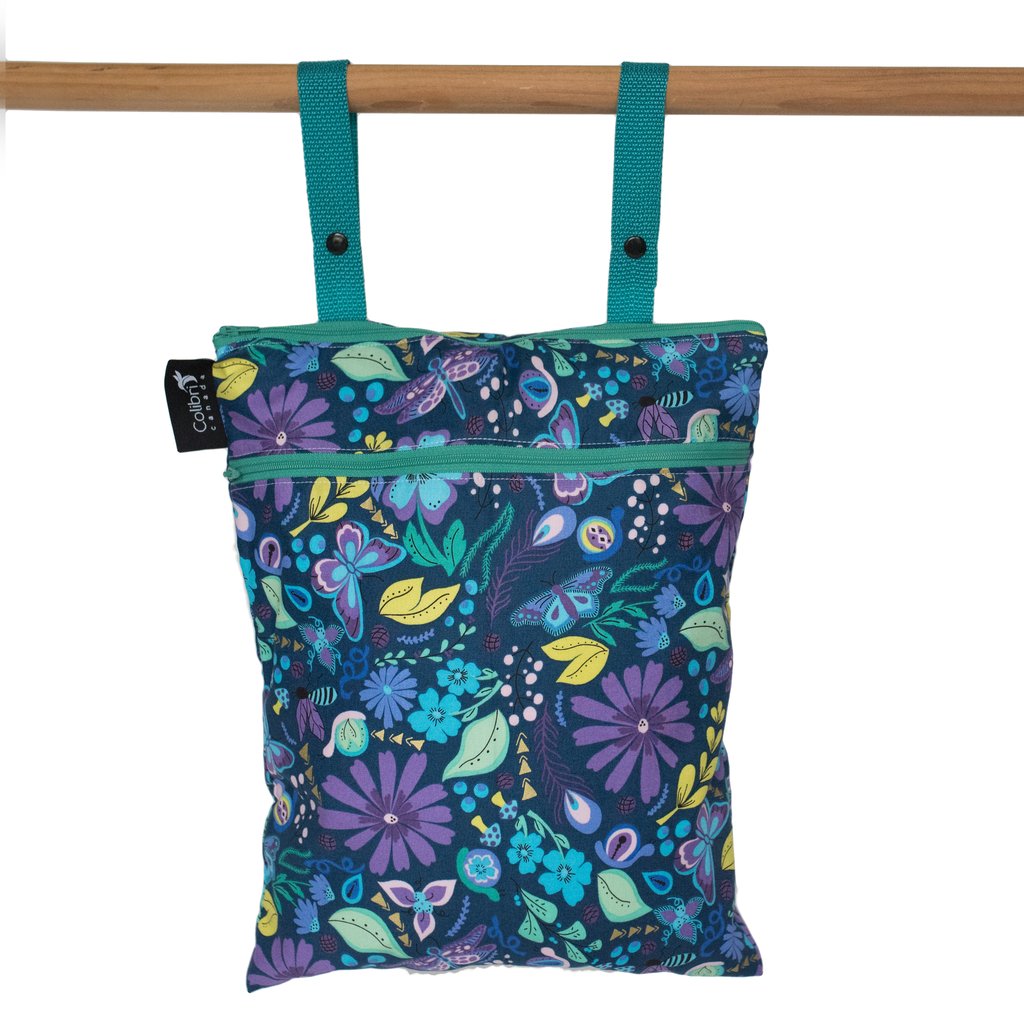
It seems like everyday a new zero waste grocery store or refillery is opening up–but nowhere near you. You may be feeling left out, watching people post photos on social media about their zero waste lifestyle. With their colour-coordinated mason jars of lentils and their bamboo everything, they make you feel like a lazy couch potato.
You want a piece of the eco-pie too, but all you have access to is the big chain supermarket. With rows of packaged processed foods and harsh cleaning products, they’re not exactly the image of sustainable living. Zero waste grocery shopping must only be for city dwellers, right?
Wrong! No matter how corporate your big-box store, zero waste grocery shopping is possible, if you have the right mindset. It starts with turning off your inner perfectionist. Why is it called “zero waste grocery shopping”?
You may be skeptical about the term “zero waste.” Waste is inevitable, and sometimes you’ll have no choice but to buy packaged goods. It’s virtually impossible to eliminate your waste if you live in North America. Instead of thinking of zero waste as an outcome, think of it as a journey. You’re on a journey to reduce your waste, with “zero” as your ideal. And, like most journeys, they should be enjoyed at every stage. Don’t try to adopt too many changes all at once. If you do, you’ll surely become discouraged and give up. Instead, take it in baby steps, and have fun with it!
Here are 7 tips for zero waste grocery shopping at supermarkets.
1. Bring your own bags.
This one might sound obvious, but it’s really easy to forget to bring your own bags to the grocery store. Make reusable bags a part of your zero waste grocery shopping routine. If you take the car to the grocery store, make a habit out of returning your bags to the car as soon as you unload. If you don’t have a car, buy a grocery trolley so you can easily transport a heavy load on public transit.

2. Don’t bag your produce.
It’s easy to mindlessly tear one of those plastic produce bags off the roll, but you don’t need them. Toss produce items like zucchini, kale, celery and beets into your shopping cart naked. For loose items, like bulk mushrooms, sweetpeas, and berries in paper cartons, bring reusable mesh produce bags. Mesh produce bags don’t even need to be cleaned, unless your produce really soils the bag. They’re useful for keeping your cherry tomatoes from slipping out of your grocery bag and causing a messy explosion.

3. Bulk is better.
If your grocery store has any kind of bulk section, take advantage of it! Here, you could find things like bulk chips, cookies, baking ingredients, or dry beans. Just make sure you practice good etiquette. Bring clean, dry containers with you, and sanitize your hands before using the scoops or handles provided. Tare (or zero out) your containers. Determine the weight of your container, and label your container with a permanent marker. That way, you won’t have to pay for the weight of your container. Ask a staff person at the grocery store to do this, or do it at home with a weight scale.
4. Choose glass jars and paper packaging over plastic.
Wherever possible, avoid plastic packaging, especially plastic that you can’t reuse again. Prioritize products that come in glass jars, like pasta sauce, jam, pickles, and ketchup. Glass jars are great for storing and displaying dry goods. By now, most people are aware that our recycling system has much room for improvement.
Only 8% of Canada’s plastic waste actually gets recycled–the rest goes to landfills. So whatever you recycle, always think about what effect it will have on the environment. If glass or paper does end up in the landfill, at least it won’t poison wildlife and waterways.

5. If you can’t ditch plastic, choose reusable plastic.
Sometimes, buying products in plastic packaging is unavoidable. But some plastic containers are incredibly useful and reusable. Plastic yogurt containers make great storage solutions for baking supplies, like sugar, flour, and nuts. Plastic peanut butter jars make great see-through containers to store dry beans, lentils, dried fruit, and more. Large aluminum cans can be spray-painted in fun colours and used as pen holders or flower pots.
The possibilities are endless for reusing containers you already have.
6. Think before you buy.
Before buying that box of cookies, jug of OJ, or container of hummus, think: “can I make this from scratch?” Of course, you don’t have time to make everything from scratch, especially if you’re a parent with a full-time job. But if you can commit to just one swap, you can save a lot of plastic packaging from the landfill. Buying raw ingredients is key to zero waste grocery shopping. Make cookies from scratch over the weekend, and get your kids involved. Squeeze fresh oranges for orange juice (delicious!). Hummus is incredibly easy to whip up in a food processor with a few simple ingredients.
Develop a rapport with your neighbours, and trade goods with each other. Maybe you make great hummus and your neighbour has more tomatoes than she knows what to do with. Do a weekly swap!

7. Plan your meals.
A big part of zero waste grocery shopping is only buying what you need. Did you know that food waste contributes hugely to greenhouse gas emissions? Canadians waste
2.3 million tonnes of food every year. That’s the equivalent of 6.9 million tonnes of CO2 emissions, or 2 million cars on the road! That’s why meal planning is crucial to reducing waste. Think about what meals you’ll make during the week, and arrive at the grocery store with a list. Try to buy ingredients that you can use for multiple meals.
Reducing food waste won’t just save the planet–it’ll save your bank account!
Progress, not perfection.
Remember, some items will be impossible to get plastic-free. Lots of fruits, meats and vegetables will be wrapped in plastic or packed in styrofoam trays. The important thing is that you take imperfect action and begin your sustainability journey. Zero waste grocery shopping has other unexpected benefits, too. Because of its emphasis on simple bulk ingredients, you’ll introduce more whole foods into your life. Plus, you’ll save money and trash bin space. Look at you, zero hero!
Looking for more eco-inspiration? Learn more about our sustainable pads, and find us on Instagram and Facebook!
---
written by Leslie Armstrong, an energetic and engaging, Toronto-based sustainability copywriter; Leslie Armstrong Copywriting






